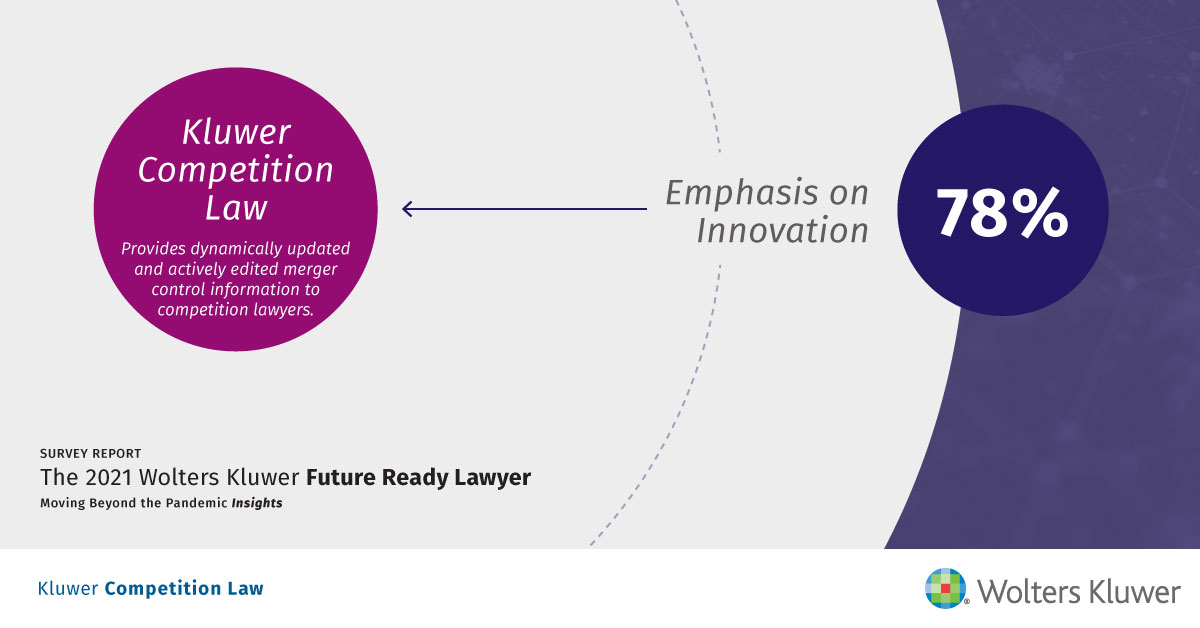The main developments in Competition Law and Policy for 2024 – Slovenia
2025 was a year of rapid changes in Slovenian antitrust enforcement. It was a year of many events, from market investigations in the food-delivery sector to alleged bid-rigging in IT procurement. Not to mention the abandoned grocery chain mega-merger, which failed in its goal to resolve competition concerns by the long-stop deadline. Abandoned deals, clandestine thrills–everything is on full display in the paragraphs below.
Merger Remedies Set in Stone Cement
European regulators have historically paid close attention to the cement industry. In 2017, the European Commission (“EC“) blocked HeidelbergCement and Schwenk’s proposed takeover of Cemex Croatia
, with an increment of [60-70%] from the acquisition.[10-20%]The Slovenian Competition Protection Agency (“
CPA“) expressed concerns that the merger would lead to unilateral horizontal effects by removing competitive constraints on the merged entity. The CPA also raised vertical concerns as the combined firm may be able to exclude competitors from the downstream concrete market where cement is a key input. This aligns with trends in other jurisdictions, where regulators have become more open to behavioral commitments–for instance, the UK Competition and Markets Authority’s (CMA) decision in Vodafone/ Three
and the EC’s clearance of Microsoft / Activision Blizzard.To address competition concerns, Aplacem committed to offering its existing Slovenian customers a call option to purchase cement at pre-defined prices and quantities for three years. The remedies also included an adjustment mechanism, allowing customers to purchase progressively larger volumes over time, with price increases tied to a consumer price index.
purchase of Albertsons in 2024 was blocked by U.S. court. Almost in parallel, a similar tie-up was unfolding in Slovenia.
Mercator, the largest Slovenian grocer (now under Croatian ownership), planned to acquire its smaller rival, Tus. The merger was scrutinized by the media and politicians from the start, with many questioning the decision to sell Tus in debt to a foreign buyer. Media reports suggested that Mercator had a
~25% market share, while Tus held an estimated 10%
.As the long-stop date expired, the antitrust review remained unresolved, and Mercator terminated the purchase agreement–undoubtedly due to regulatory hurdles. The company reportedly paid a multi-million-euro break fee, underscoring the importance of such contractual clauses in transactions with significant antitrust risks.Market Investigation – Food Delivery Platforms
Food delivery was another sector where the CPA aligned with global enforcement trends. In July 2024, the EC opened an investigation
Delivery Hero
and Glovo
“.
The government organized a public tender for
13,000 laptops to be distributed to schools and kindergartens. However, the process was plagued by allegations of impropriety–reportedly, the laptops were technically outdated and lacked pre-installed operating systems.
In our 2021 Update, we reported about an abuse of dominant probe into PLASTKOM. This company is a processor of waste cemeteries candles. The CPA alleged that PLASTKOM engaged in
predatory pricing
and imposed
exclusive supply obligations on intermediaries. The CPA alleged that PLASTKOM engaged in predatory pricing and imposed exclusive supply obligations on intermediaries.In 2024, PLASTKOM resolved the investigation by
committing to abandon exclusivity requirements and treat customers on a




